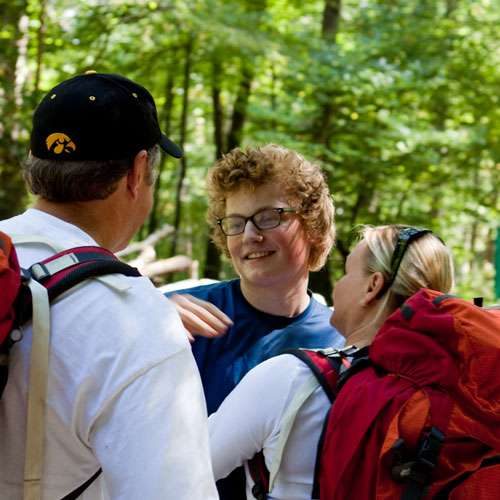Telling Boys Not to Cry Could Be Creating Emotional Issues in Boys
For generations society has established set gender stereotypes for boys and girls. Girls are taught that they are expected to be emotional, dependent, and nurturing. While boys are taught to be tough, independent, and unattached from their emotions. But how are these expected stereotypes affecting girls and boys emotionally? Research suggests that teaching boys to be unattached to their emotions actually creates emotional issues in boys and hinders them in life. A recent article by NPR discusses how gender stereotypes have negative effects and creates emotional issues in boys throughout life.
Gender Stereotypes
Today’s society has become more accepting over boys expressing their emotions or crying, but only if they do it in the right way, for the right reason. Holding boys to these standards can create serious emotional issues in boys.
Research shows that boys will fall further behind in school and in society if we do not teach them to be emotionally open and honest, and able to recognize and navigate their feelings rather than avoiding or hiding them.
Over the past 20 years there has been a crisis of boy’s achievement in schools. Boys have been falling behind in math and reading scores, in high school and college graduation rates, ultimately leading to men facing greater challenges in becoming a part of the working force. Researchers believed that boys needed more boyishness, or masculine activities. What they found was that the opposite was the solution to the fall in boy’s success.
A Need for More “Feminine” Activities
Boys underperformance in schools has more to do with society’s norms about masculinity than with anatomy, hormones, or brain structure. Boys who participate in extracurricular activities like music, art, or drama typically receive higher grades, but are often deemed as “un-masculine”. At a time when acceptable behavior for women has expanded, men seem to remain stuck.
Today, emotional issues in boys is being driven by society’s attachment to misogyny. The media continues to portray men as macho and emotionless. If we continue to promote these qualities in boys, the emotional issues in boys will continue to increase. Boys who achieve good grades and participate in a variety of extracurricular activities should never be considered “sissies” or “girly”. Boys should be allowed to be emotional, to feel upset, and even to cry. It’s time for a change in gender stereotypes. Today, big boys DO cry!
Trails Carolina Can Help!
Trails Carolina is a wilderness therapy program for struggling teens, ages 10-17. Our students commonly deal with issues such as depression, anxiety, ADHD, trauma, and other behavioral challenges.
For more information about Trails Carolina, please call 800-975-7303 today!
Get started today
Contact us today to learn how Trails Carolina can help your family
Trails saved my daughter’s life. Amanda is an amazing human and a brilliant therapist. I am so grateful to her, Science Steve, and the other wonderful people who could reach my daughter at a time when I could not.
Margot Lowman August 2022
Great life changing experience for our son. After becoming addicted to gaming during covid he was very depressed. At Trails he experienced the wilderness, Science Steve, learning survival skills and top notch therapy and support etc… I highly recommend! This gave our son and our family a renewed family bond full of love and excitement about his bright future.
Winnifred Wilson July 2022
Outstanding clinical work and superb staff! There’s a great culture at this company and it shows with how they engage with families/clients.
Kristin Brace June 2022
Discover If Trails Is The Right Program For Your Child
Take our short online assessment and help us better understand how we can help your family.




